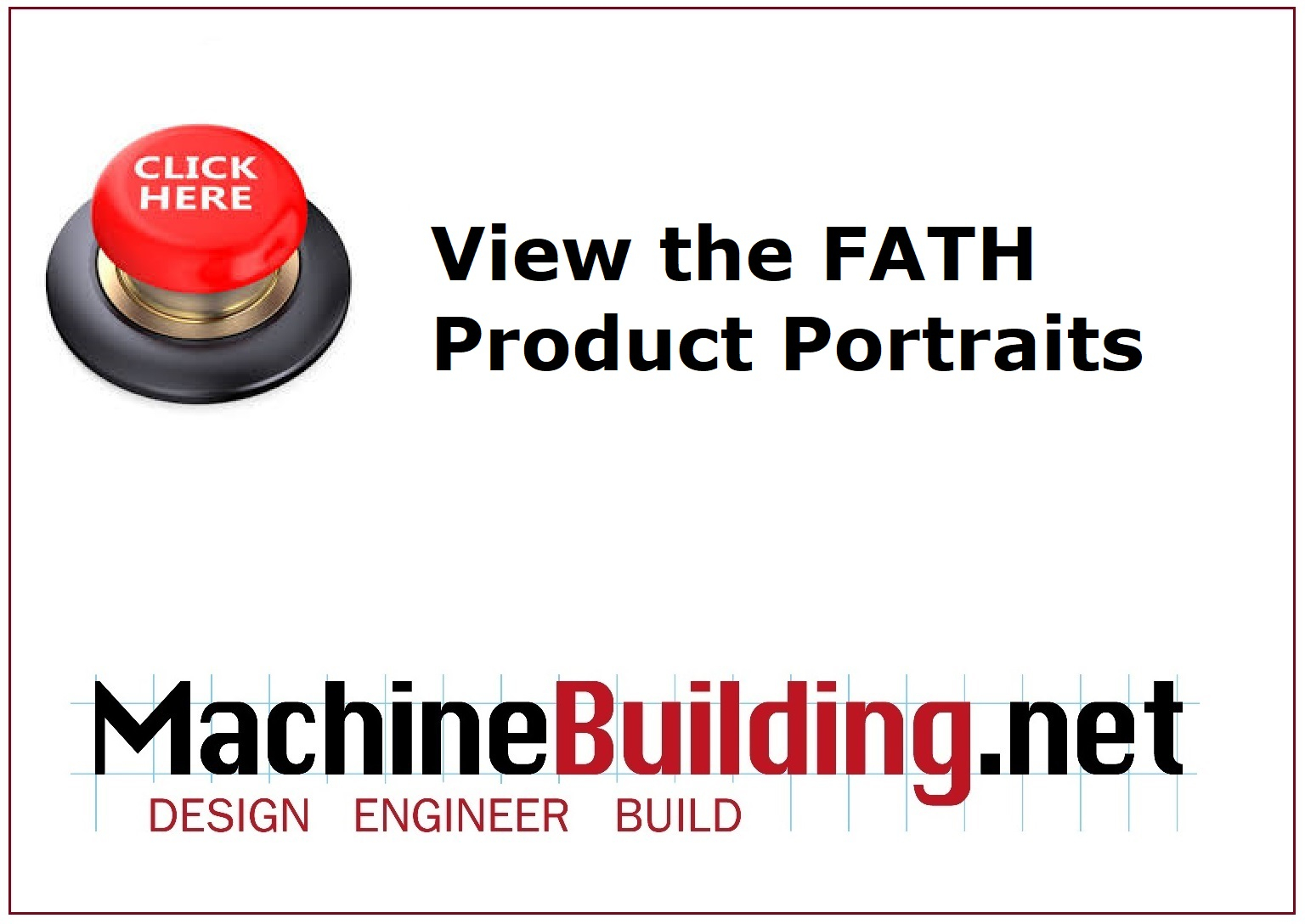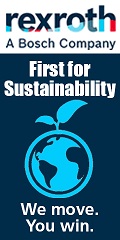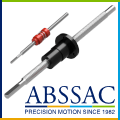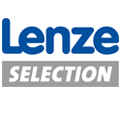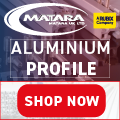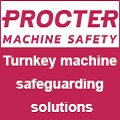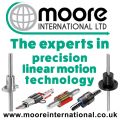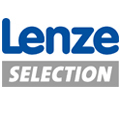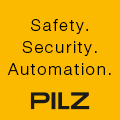
Posted to News on 22nd Oct 2018, 14:16
Additive manufacturing: productivity without quality compromise
Renishaw returns to formnext in 2018 to showcase that it is possible to increase additive manufacturing (AM) productivity without compromising on quality. A year on from the launch of its four-laser RenAM 500Q, Renishaw has developed extensive expertise in multi-laser AM and the impacts on part quality if lasers interact. From the 13th to the 16th November, Renishaw can be found in Hall 3.1, Stand E68 at Messe Frankfurt.
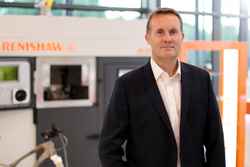
In 2017, Renishaw launched the RenAM 500Q, a four-laser system which can increase productivity by up to four times in the most commonly used platform size. The rest of the industry is also turning to production-oriented laser powder bed fusion (LPBF) machines, which often feature multiple lasers to raise productivity and decrease cost-per-part. The lasers can operate independently on separate parts or co-operate on a single, large component.
Additive manufacturing has opened up new product design opportunities for a range of industries. However, process development and qualification can be challenging. Manufacturers need to be sure that their components will be free of defects that could impact on the performance and longevity of the part.
Marc Saunders, Director of Global Solutions Centres at Renishaw explains: "When there are multiple lasers in close proximity, there is the potential that emissions from one laser could affect another. This is dependent on their relative position within the machine's inert gas flow. The first generation of multi-laser machines used zoning to avoid this issue, combined with either linear or divergent gas flow.
"However, this strategy has several drawbacks including reduced productivity for non-symmetrical builds, discontinuities as a result of thermal drift in the optical systems and varying melting conditions as a result of divergent gas flow. The design of Renishaw's RenAM 500Q overcomes these drawbacks and enables efficient use of all four lasers. Renishaw is ensuring that its machine is as productive as possible, without any compromise on quality."
As well as offering attractive benefits, Renishaw has done extensive testing to understand the potential of interaction between the lasers. The machine boasts melt-pool and laser power monitoring capabilities to provide evidence of melting behaviour in real-time. Building on its knowledge, Renishaw has ensured its machine is consistent and can offer guidelines to enable customers to produce high-integrity components in a productive and flexible way.
At the show, Saunders is speaking on the TCT introducing stage on Tuesday November 13th from 11.30am to 11.45am. The session will cover the future of AM and how the technology can boost productivity. For more information about Renishaw's additive manufacturing products visit www.renishaw.com/additive.


